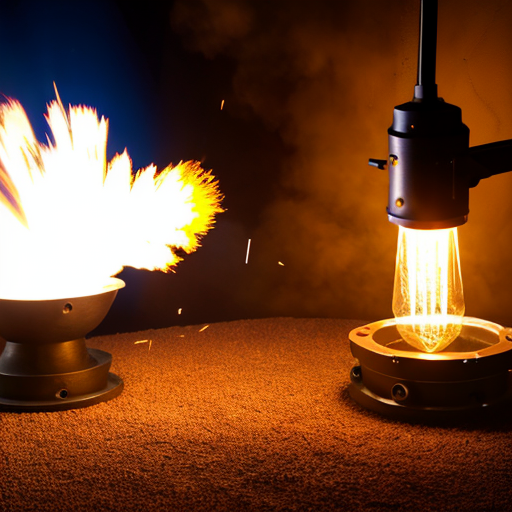In various industries, the choice between custom forging and standard components can significantly impact the quality, performance, and overall success of a project. While standard components have their place, custom forging offers a range of advantages that make it a preferred option for many manufacturers. In this article, we will explore the reasons why choosing customization through custom forging can be beneficial and why it is worth considering for your next project. Visit the website to learn more.
Tailored to Specific Requirements:
One of the primary reasons to choose custom forging over standard components is the ability to tailor the manufacturing process to meet specific requirements. With custom forging, manufacturers have the flexibility to create parts and products with unique shapes, sizes, and properties. This level of customization allows for precise engineering and ensures that the final components are perfectly suited to the intended application.
Enhanced Strength and Durability:
Custom forged components are known for their exceptional strength and durability. The forging process involves shaping metal through controlled deformation, resulting in a more refined and compact internal grain structure. This leads to improved mechanical properties, such as higher tensile strength, better fatigue resistance, and increased load-bearing capacity. By opting for custom forging, you can ensure that your components possess the necessary strength and longevity to withstand demanding operational conditions.
Superior Quality and Consistency:
Custom forging offers superior quality control compared to standard components. The forging process involves rigorous testing and inspection at every stage, ensuring that each component meets the required specifications. Additionally, custom forging eliminates the variations often found in mass-produced standard components, providing greater consistency in terms of dimensions, material properties, and performance. This level of quality assurance translates into reliable and dependable components for your application.
Cost-Effective Solutions:
Contrary to popular belief, custom forging can provide cost-effective solutions in the long run. While the initial investment may be higher compared to off-the-shelf standard components, custom forging offers advantages such as reduced material waste, improved efficiency in production, and enhanced component performance. Custom forged components are designed to optimize material usage, resulting in less scrap and lower material costs over time. Moreover, their durability and reliability minimize maintenance and replacement expenses, ultimately reducing the total cost of ownership.
Collaboration and Expertise:
Choosing custom forging opens the door to collaboration with experienced forging manufacturers. These experts possess deep knowledge of materials, design optimization, and forging processes. They can work closely with you to understand your specific requirements, offer valuable insights, and provide engineering support. This collaboration ensures that the final product not only meets your specifications but also benefits from the expertise of industry professionals.
Conclusion:
Custom forging offers a compelling alternative to standard components, providing tailored solutions that meet specific requirements. By choosing custom forging, you can benefit from components that offer enhanced strength, durability, and consistent quality. Despite the initial investment, custom forging can deliver long-term cost savings and provide access to collaboration with experienced forging manufacturers. When faced with the choice between custom forging and standard components, consider the advantages of customization and the long-term value it can bring to your projects.


